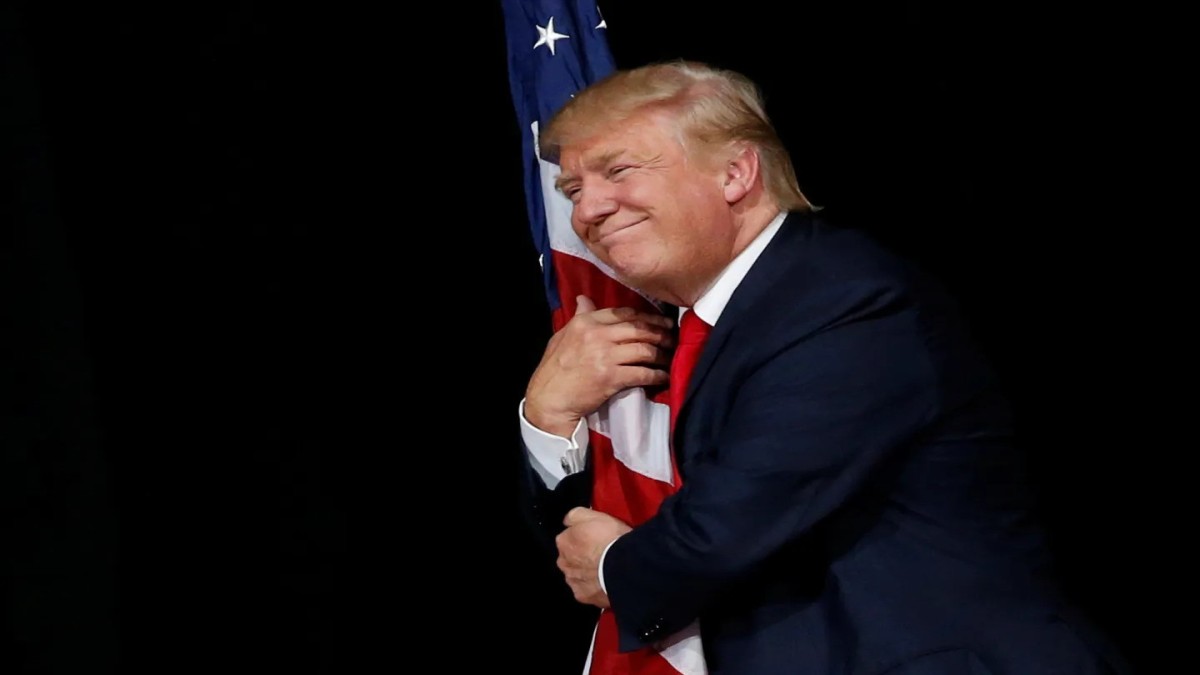US President Donald Trump is reportedly planning to attack Iran over the weekend, and Washington’s possible entry into the conflict in West Asia can change the dynamics of the region drastically.
While the Republican leader keeps himself busy with the conflict between Israel and Iran, Vice President JD Vance and Undersecretary of Defence Elbridge Colby’s campaign to minimise US involvement in West Asia and focus on China has dealt a major blow.
For months, this coalition had succeeded in sidelining the “primacists” who favour broad US global dominance, steering policy towards restraint and Asia-Pacific priorities.
Catch all live updates on Israel-Iran conflict here
Trump’s foreign policy had been shifting towards transactional diplomacy, economic deals, and recalibrating alliances away from costly military entanglements in West Asia, looking to Gulf states for security and economic partnerships instead of traditional commitments to Israel.
Last week’s escalation of the conflict has forced Washington to re-evaluate Trump’s West Asia policy, with the president now involving himself in direct hostilities despite his camp trying to keep the country away from triggering another regional war.
The shift reportedly accelerated after a private lunch with conservative radio host Mark Levin, and as Israeli strikes on Iran raised the risk of US military involvement. The administration’s new focus on West Asian crises undermines its ability to prioritise Asia, particularly efforts to deter China and reinforce alliances in the Indo-Pacific.
Impact Shorts
More ShortsThis setback exposes the persistent tension between US domestic political promises, such as “America First” and ending “forever wars”, and the unpredictable demands of global security crises.
Gulf Arab states, meanwhile, see opportunity in Trump’s renewed engagement, leveraging security concerns and massive investment promises to cement their roles as key US partners.
The Israel-Iran conflict looks to have disrupted the planned US strategic pivot to Asia, reviving old debates about America’s global role and the limits of restraint in foreign policy.
)